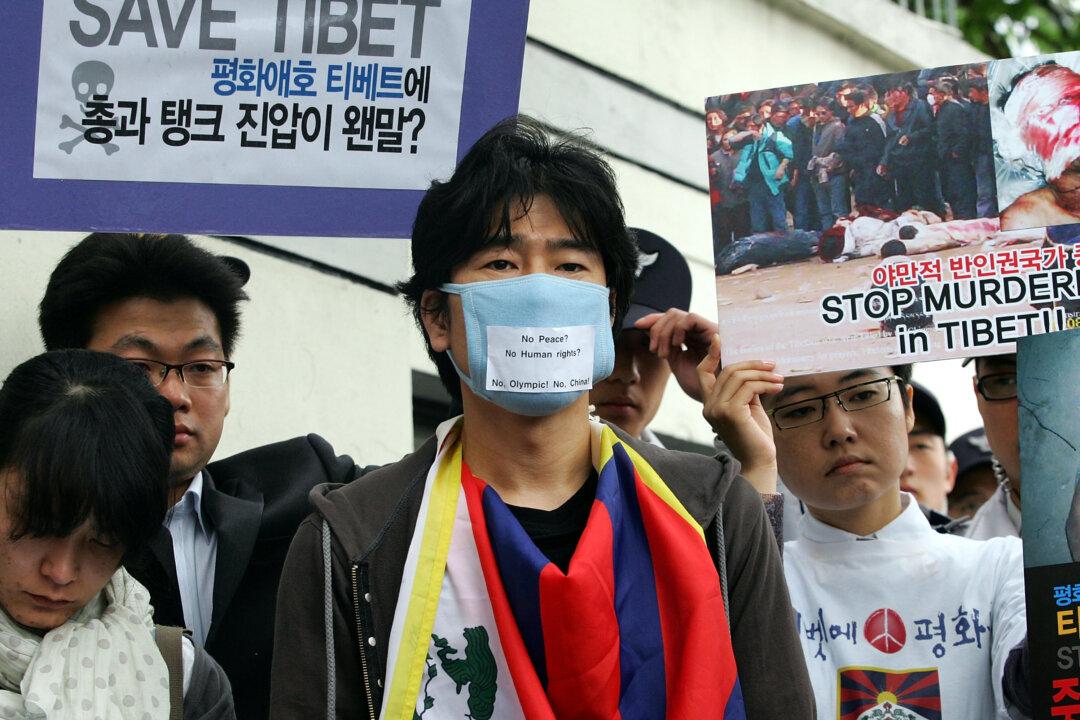Recent polls show that South Koreans’ anti-Chinese Communist Party (CCP) sentiment has reached a historic high while their long-held anti-Japan sentiment has decreased. Increased military and economic cooperation between South Korea and Japan are also favored in public opinion polling.
South Korea’s global think tank, East Asia Institute (EAI), and Japanese non-profit think tank, Genron NPO, conducted a mutual perception surveys with 1,000 nationals from South Korea and Japan each year since 2013. On Sept. 28, 2021, the ninth year, the two organizations released a joint public opinion poll conducted from August to September of 2021. The results showed that 73.8 percent of South Koreans had an unfavorable view of China (the CCP). It was 59.4 percent last year and 51.5 percent the year before. The proportion of people who have a favorable view of the CCP is only 10.7 percent, the lowest since 2013.





